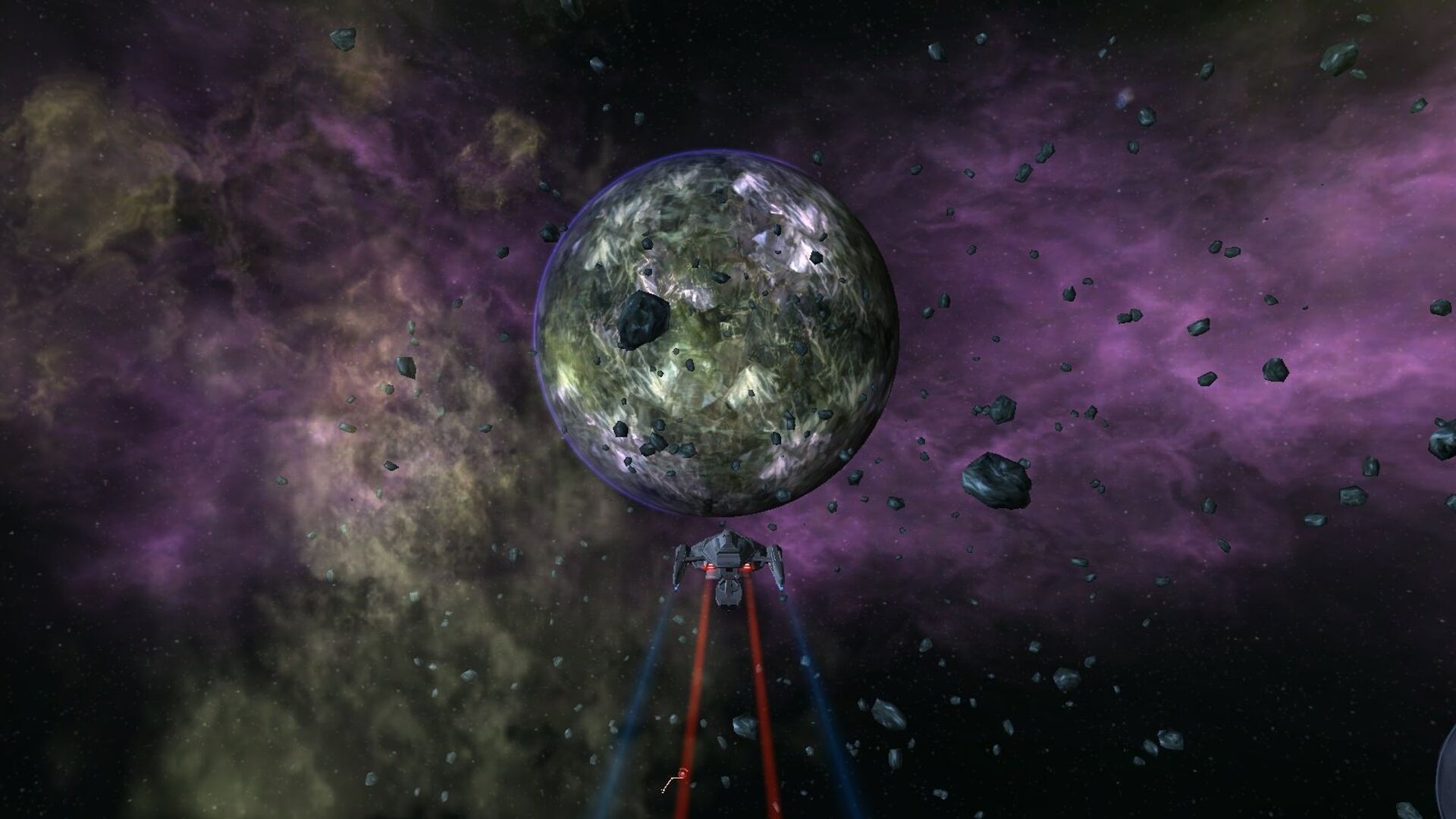https://sputnikglobe.com/20211231/nasa-funded-research-delves-into-how-religious-groups-might-react-to-the-discovery-of-alien-life-1091948110.html
NASA-Funded Research Delves Into How Religious Groups Might React to the Discovery of Alien Life
NASA-Funded Research Delves Into How Religious Groups Might React to the Discovery of Alien Life
Sputnik International
For many decades, humanity seemed to be curious about whether or not it is alone in the universe or how it was even created. Researchers funded by the US space agency decided to look for clues at the junction of science and religion.
2021-12-31T21:56+0000
2021-12-31T21:56+0000
2023-02-14T14:07+0000
nasa
alien
atheist
science & tech
religion
https://cdn1.img.sputnikglobe.com/img/103727/43/1037274375_0:0:1600:900_1920x0_80_0_0_0d0b5940d8c295e997c4a9ab8c1d8876.jpg
Between 2016 and 2017, NASA partially funded a survey on alien life, inviting a group of religious experts to explore how believers from various religious groups might react to the identification of extraterrestrial life.The research included 24 experts gathered at Princeton University's Center for Theological Inquiry. Among the group was the Reverend Dr. Andrew Davison of the University of Cambridge, who revealed to The Times that he had participated in the discussions.According to the report, NASA, when it provided funds for the study, was seeking to see “serious scholarship being published in books and journals” addressing the “profound wonder and mystery and implication of finding microbial life on another planet."In his upcoming book “Astrobiology and Christian Doctrine" to be published in 2022 and obtained by The Times, the theologist suggested that more people will seek solace in religious tradition if alien life is identified. A spokesperson for NASA told The Hill that in providing an astrobiology program grant to CTI, the space agency did not itself pick the researchers for the study.In 2017, the journal "Motivation and Emotion" published an article titled "We Are Not Alone", in which North Dakota State University psychologist Clay Routledge and his team suggested that those who have low levels of religious belief but strive to find meaning in life tend to have a greater belief in the existence of any form of extraterrestrial intelligence. Researchers observed that the thought of some kind of alien life could make religious adherents "feel like they are part of a larger and more meaningful cosmic drama."
Sputnik International
feedback@sputniknews.com
+74956456601
MIA „Rossiya Segodnya“
2021
News
en_EN
Sputnik International
feedback@sputniknews.com
+74956456601
MIA „Rossiya Segodnya“
Sputnik International
feedback@sputniknews.com
+74956456601
MIA „Rossiya Segodnya“
nasa, alien life, aliens, theology, religious experts,
nasa, alien life, aliens, theology, religious experts,
NASA-Funded Research Delves Into How Religious Groups Might React to the Discovery of Alien Life
21:56 GMT 31.12.2021 (Updated: 14:07 GMT 14.02.2023) Humanity has long been curious about its origins and whether it is alone in the universe. Some researchers funded by the National Aeronautics and Space Administration (NASA) are looking for clues at the junction of science and religion.
Between 2016 and 2017, NASA partially funded a survey on alien life, inviting a group of religious experts to explore how believers from various religious groups might react to the identification of extraterrestrial life.
The research included 24 experts gathered at Princeton University's Center for Theological Inquiry. Among the group was the Reverend Dr. Andrew Davison of the University of Cambridge, who revealed to
The Times that he had participated in the discussions.
According to the report, NASA, when it provided funds for the study, was seeking to see “serious scholarship being published in books and journals” addressing the “profound wonder and mystery and implication of finding microbial life on another planet."
“The most significant question there is probably whether one would respond theologically to the prospect of life elsewhere in terms of there having been many incarnations, or only the one theologians talk about in Jesus,” Davison, a Christian, wrote in a statement posted in the University of Cambridge’s Faculty of Divinity blog.
In his upcoming book “Astrobiology and Christian Doctrine" to be published in 2022 and obtained by The Times, the theologist suggested that more people will seek solace in religious tradition if alien life is identified.
“Detection [of alien life] might come in a decade or only in future centuries or perhaps never at all, but if or where it does, it will be useful to have thought through the implications in advance,” Davison suggested.
A spokesperson for NASA told
The Hill that in providing an astrobiology program grant to CTI, the space agency did not itself pick the researchers for the study.
In 2017, the journal "Motivation and Emotion" published an article titled "We Are Not Alone", in which North Dakota State University psychologist Clay Routledge and his team suggested that those who have low levels of religious belief but strive to find meaning in life tend to have a greater belief in the existence of any form of extraterrestrial intelligence. Researchers observed that the thought of some kind of alien life could make religious adherents "feel like they are part of a larger and more meaningful cosmic drama."

